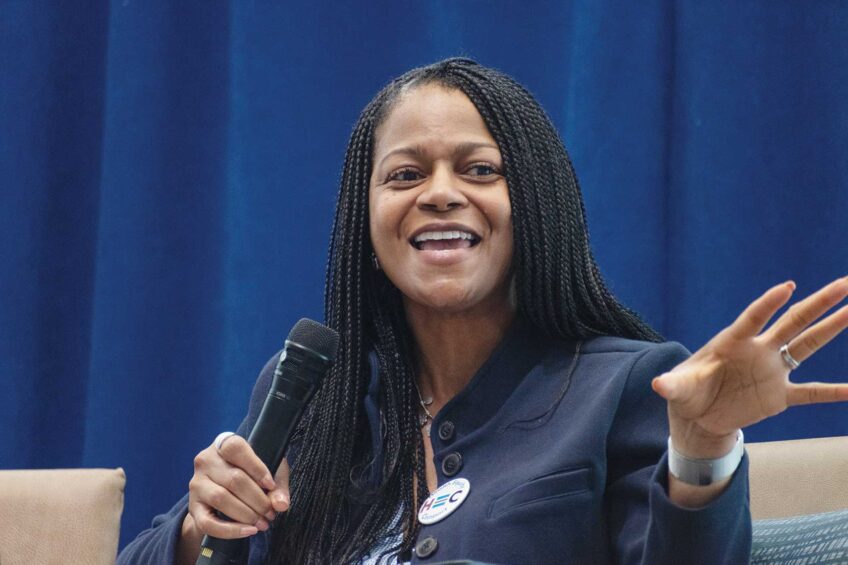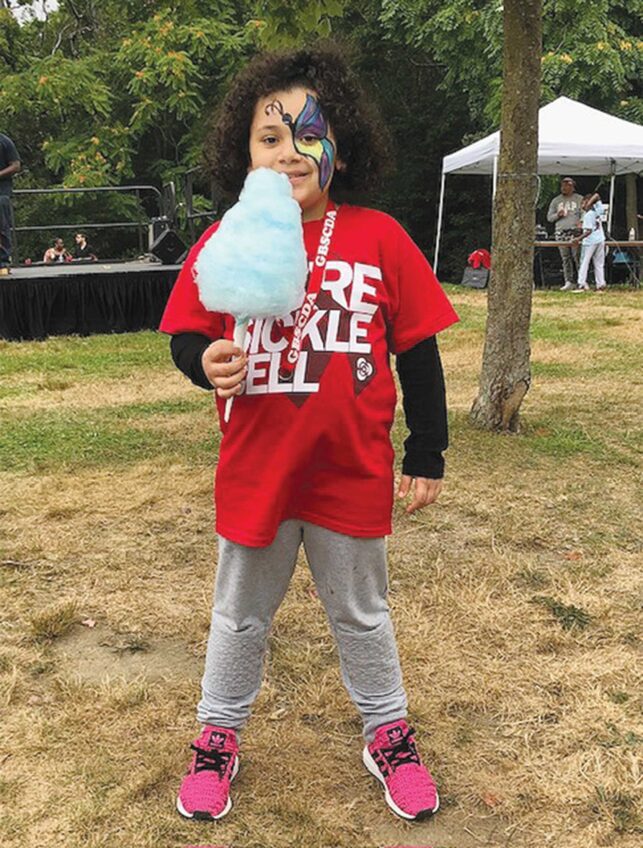More than half of all primary care physicians in Massachusetts are no longer accepting new patients, and the average waiting time to see specialists is lengthening, according to a new survey on patient health care access.
Released on Monday, the report by the Massachusetts Medical Society has serious implications for health care costs in the state, the doctors group said, because patients unable to see a primary care physician are likely to seek more expensive emergency room treatment.
“Massachusetts has made great strides in securing insurance coverage for its citizens,” said the MMA’s president, Dr. Alice Coombs, referring to the state’s landmark 2006 universal health insurance law.
“But insurance coverage doesn’t equal access to care,” she said.
The telephone survey of 838 doctors conducted in February and March found that 51 percent of internists are not accepting new patients, up from 49 percent the previous year. Fifty-three percent of family physicians, the other major group of primary care doctors, were also not taking new patients.
Even for patients fortunate enough to have a primary care doctor, waits for appointments continued to be lengthy. The average wait for an appointment with an internist was 48 days, which was five days shorter than last year, but the average wait for family medicine was 36 days, a week longer than in the 2010 survey.
Patients were also waiting longer to see specialists. The average wait for gastroenterologists, obstetricians/gynecologists, orthopedic surgeons and cardiologists were all higher than a year ago, the report said.
An ongoing shortage of new primary care physicians entering the system was cited as the principal reason for why so many existing ones had simply stopped accepting new patients.
“There’s only so many patients you can see in a day,” said Dr. Lynda Young, a Worcester doctor and president-elect of the MMA.
Medical students are eschewing the grueling hours and lower pay that primary care often entails in favor of specialties that offered a more consistent work schedule and quicker path to repay medical school debt, experts say.
The problem can be particularly acute in rural areas.
Dr. Joseph Viadero, of Connecticut River Internists, said the four doctors and three nurse practioners who staff the practice in Turner Falls, Mass., have about 12,000 patients spread between them and cannot take any new ones.
“We’re overwhelmed and just have difficulty taking care of our own patients,” said Viadero, who has struggled to recruit any new primary care physicians to serve in the small western Massachusetts community.
The consequences are more people going without preventative health care and turning to hospital emergency rooms when they’re sick, he said.
Specialty care also can be difficult to find in the area, with Viadero often forced to send patients to Springfield, 35 to 40 minutes away, to see specialists.
Dr. Richard Dupee, a primary care physician in the Boston suburb of Wellesley, continues to accept new patients though he already has some 8,000 in his practice. He says he’s willing to put in the long hours necessary to keep up, but many younger doctors take a different approach.
“They really look upon lifestyle more importantly than income,” said Dupee. “They want to quit at 5 o’clock is the bottom line.”
Amy Whitcomb Slemmer, executive director of the advocacy group Health Care for All, said doctors have so many patients they often reduce appointments to just 15 minutes, which she calls “untenable” for patients.
“We have to provide incentives and benefits to doctors to go into primary care medicine,” she said.
The study also found that while the vast majority of primary care physicians in Massachusetts accepted Medicare, only 53 percent of internists and 62 percent of family physicians accepted MassHealth, the state’s Medicaid plan.
Only 43 percent of internists and 56 percent of family physicians accepted Commonwealth Care, the state administered program that provides subsidized care for those earning up to three times the federal poverty level.
The release of the report Monday comes on the MMA’s annual “Doctors Day” in which hundreds of physicians come to the Statehouse to lobby legislators.
Associated Press






